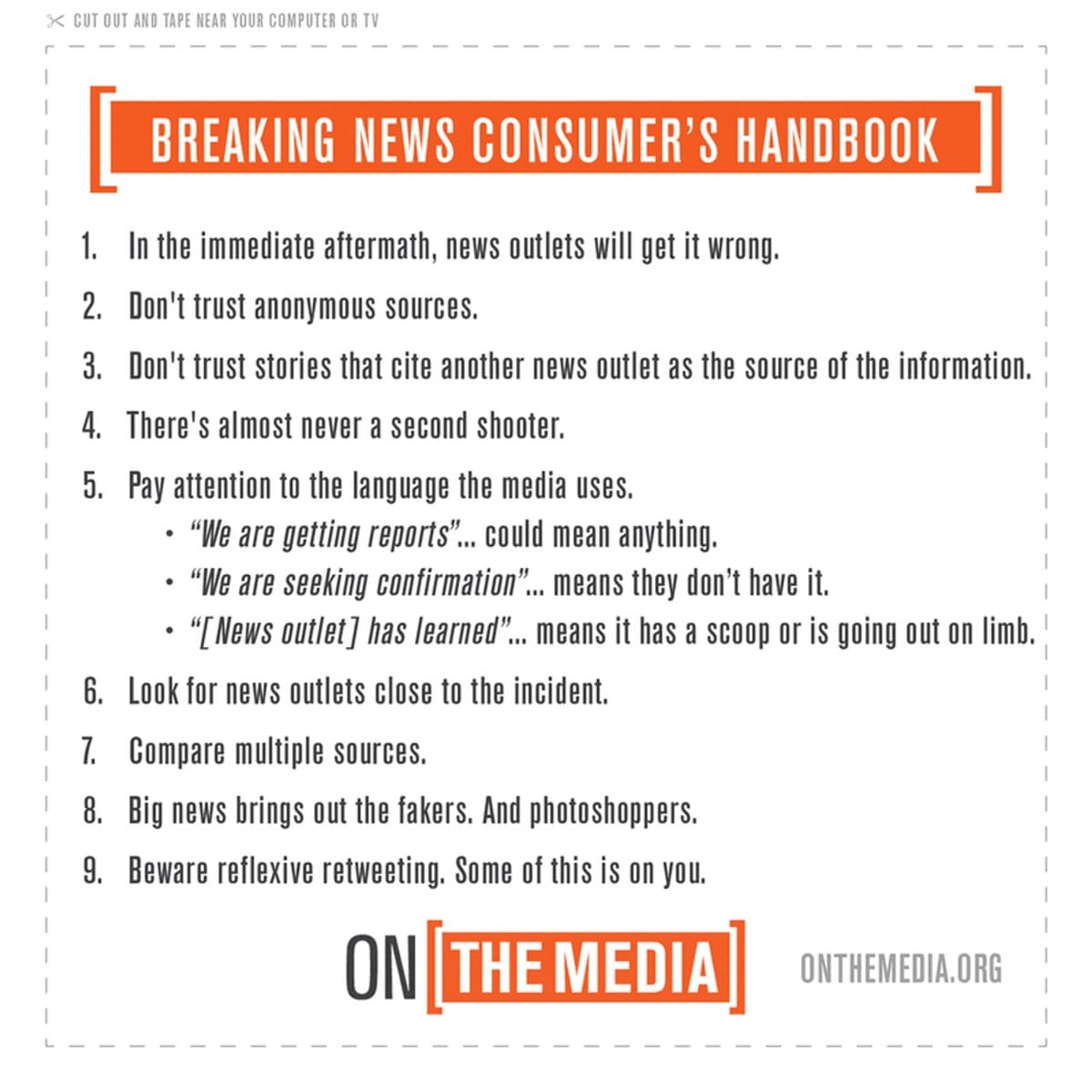Elon Musk's billionaire extremist party exposes ‘centrist’ scam
This is a guest post from FrameLab contributor Jason Sattler. Jason is LOLGOP on BlueSky and pretty much any other
No one has done more to frame American politics in violent terms

In a shocking act on July 13, a man attempted to assassinate Donald Trump at a campaign rally in Butler, Pennsylvania. Trump will recover from his wound but, tragically, a 50-year-old man attending the rally was shot and killed.
Violence has no place in a democratic political system, and we condemn this despicable act. Yet we must also acknowledge that no one has done more to inject violence into our political discourse than Trump.
He demonizes his political opponents as “animals,” “scum” and “vermin.” He calls for jailing his opponents without cause and forcing them to stand before military tribunals. He speaks of the “bloodbath” that will occur if he loses the election. When a deranged man attempted to murder House Speaker Nancy Pelosi’s husband with a hammer, Trump mocked the incident as his audience laughed.
Trump creates serious fear in the minds of many Americans with his promises to destroy democratic norms and become a dictator on “day one” if he gets re-elected president. On January 6, 2021, he urged his supporters to march on the U.S. Capitol and did nothing as they launched a violent insurrection to overturn the 2020 election. At the Capitol, Trump's followers hunted Nancy Pelosi and chanted "hang Mike Pence."
None of this justifies the attempt on his life – or any kind of political violence against anyone. Yet Trump has continually framed American politics as a violent struggle requiring bloodshed. Trump regularly charges up his supporters by using destructive and violent rhetoric. But such language also triggers deep emotions in his opponents, many of whom view him – based on his own words – as an existential threat to democracy and freedom.
As Trump recovers and continues his campaign, he must use this moment to abandon his violent rhetoric and abandon his violent framing. This is a lot to hope for, as Trump has made such violent “strongman” language a staple of his public identity. "Like all authoritarians, Trump uses language as intimidation," wrote Ruth Ben-Ghiat, author of "Strongmen: Mussolini to the Present," in 2017.
But his own close call with gun violence should impress on Trump the fact that the power of violent language far exceeds mere words. Such language changes brains and can result in real world consequences. Violent language invites violence.
Terry Szuplat, a former Obama speechwriter and author of “Say It Well: Find Your Voice, Speak Your Mind and Inspire Any Audience,” offered some thoughtful ideas over on LinkedIn:
—We can stop describing fellow Americans we disagree with as “enemies” who need to be “destroyed” or “crushed.”
—We can stop whipping up audiences to “fight” and “take back our country.” Our diverse society of more than 300 million people is not something that any one group owns or can “take” from our neighbors.
—We can resist absolutist language like “good” vs. “evil.” Framing complex issues on which reasonable people can disagree in absolutist terms becomes a license to use any means necessary to ensure that “good”—at least as the speaker perceives it—prevails, no matter what the cost.
—Don’t otherize. There is no “us” vs. “them.” There’s only “we the people”—Americans who rise and fall together.
—Don’t demonize. Just because someone disagrees with us doesn’t make them “dark,” “sinister,” or “wicked.”
—Don’t dehumanize. When we refer to other people as “animals” or “vermin,” it can lead to violence against our fellow Americans.”
(Read the entire post here.)
In the aftermath of the shooting in Pennsylvania, Trump has called for the country to “stand united and show our true character.” Unfortunately, some of his supporters have already begun to blame Democrats and suggest that any criticism of Trump is an incitement to assassination and violence.
Democrats must uniformly condemn the violence, and they must also refuse to be silenced and continue speaking out against the dangers of a second Trump presidency.
Will Trump move away from the violent rhetoric? It’s hard to imagine him doing anything other than fanning the flames and becoming even more extreme in the aftermath of this shooting. But now he knows, on a personal level, that violence is a grim reality and not a rhetorical punchline.
Over the next few weeks, his strategy will become clear. Will he shift away from demonizing and violent language? Or will he become more extreme in his efforts to use language to create an atmosphere of fear and violence?
Words have meanings with real effects. Language has tremendous power. In these tense days, let’s choose our words and language carefully and wisely.
In the aftermath of the shooting, social media has gone crazy with false information and conspiracy theories.
Trolls often take advantage of major news events to spread disinformation, which often goes viral as people spread false information because they are tricked into thinking it's real. Here's a handy chart from On The Media that details how to be a responsible news consumer in times of crisis and breaking news:

Note: This piece has been updated to reflect that Trump's rally took place in Butler, Pennsylvania, not Bethel. The suspected assailant has been identified as 20-year-old Thomas Matthew Crooks of Bethel Park, Pennsylvania.
Subscribe